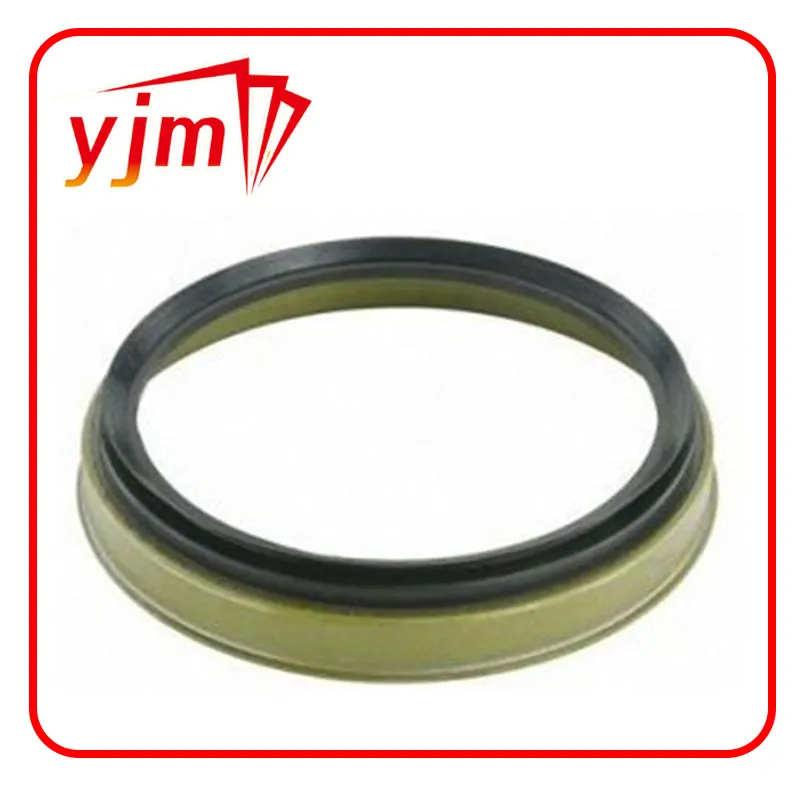Understanding Oil Filter Gaskets and Their Importance for Engine Performance
Understanding Oil Filter Gaskets A Critical Component for Engine Performance
Oil filter gaskets play a crucial role in the overall functionality and efficiency of an engine. Often overlooked during routine maintenance, the gasket is an essential component that ensures the proper sealing of the oil filter. Understanding its significance, functionality, and maintenance can help car owners protect their vehicles and enhance their longevity.
What is an Oil Filter Gasket?
The oil filter gasket is a thin, ring-like component located between the oil filter and the engine block. Its primary function is to create an airtight seal that prevents oil leaks during the filtration process. Most oil filters are equipped with a pre-installed gasket, but when replacing an oil filter, it’s essential to inspect this part for wear and tear.
Why is the Oil Filter Gasket Important?
1. Leak Prevention The primary role of the gasket is to prevent engine oil from leaking out of the oil filter. Leaks can lead to a drop in oil pressure, which can cause severe engine damage. A proper seal ensures that the oil circulates correctly, providing adequate lubrication to the engine components.
2. Maintaining Oil Quality The gasket also helps maintain the quality of the engine oil. If the gasket fails and an oil leak occurs, contaminants can enter the engine oil, degrading its effectiveness. This can lead to increased engine wear and reduced performance over time.
3. Easier Maintenance A well-functioning oil filter gasket simplifies routine maintenance. It allows for easier removal and installation of the oil filter without the constant worry of leaks and oil splatter, making regular oil changes less of a hassle.
Signs of a Failing Oil Filter Gasket
Recognizing the symptoms of a failing oil filter gasket can save car owners from more significant issues
oil filter gasket

- Oil Spots If you notice oil spots under your vehicle, it could indicate a leaking oil filter gasket
. Inspect the oil filter and surrounding area for wetness. - Increased Engine Noise A lack of adequate lubrication due to oil leaks can cause increased friction in the engine, leading to noise and potential damage.- Low Oil Levels Regularly checking your oil levels is a good practice. If you find yourself frequently topping up your oil, it may be due to a leaking gasket.
How to Maintain Your Oil Filter Gasket
1. Regular Inspection During routine oil changes, take a moment to visually inspect the oil filter and gasket. Look for any signs of wear, cracks, or deformation.
2. Use Quality Parts When replacing the oil filter, invest in quality filters and gaskets. Aftermarket and subpar options may not offer the same performance or durability.
3. Proper Installation Ensure that the oil filter is installed correctly. Over-tightening can damage the gasket, while under-tightening can create gaps for leaks.
4. Routine Oil Changes Keep up with regular oil changes as per your vehicle’s maintenance schedule. This will not only keep the oil clean but also allow you to inspect and replace gaskets when needed.
Conclusion
Oil filter gaskets may not be the most glamorous part of an engine, but they are undeniably vital for optimal performance. By understanding their significance and maintaining them properly, car owners can prevent costly repairs and ensure their engine runs smoothly. Regular inspections, quality replacements, and attention to detail during maintenance can significantly extend the life of your vehicle and enhance its performance. Remember, in the world of automotive care, every component matters, especially those that work quietly behind the scenes, like the humble oil filter gasket.
-
Understanding the Front Main Engine Seal: Purpose, Maintenance, and Installation
News Jul.29,2025
-
Understanding O-Rings and Seal Rings: Types, Applications, and Custom Solutions
News Jul.29,2025
-
Understanding Crankshaft Oil Seals: Rear Seals, Pulley Seals, and Their Role in Engine Integrity
News Jul.29,2025
-
The Importance of Front and Rear Crankshaft Seals in Engine Performance and Oil Management
News Jul.29,2025
-
Crank Oil Seals: Functions, Types, and Cost Considerations in Engine Maintenance
News Jul.29,2025
-
A Comprehensive Guide to O-Rings and Seals: Types, Materials, and Global Applications
News Jul.29,2025
-
Mastering Diesel and Performance Engine Maintenance: A Guide to Critical Oil Gaskets
News Jul.28,2025
Products categories















